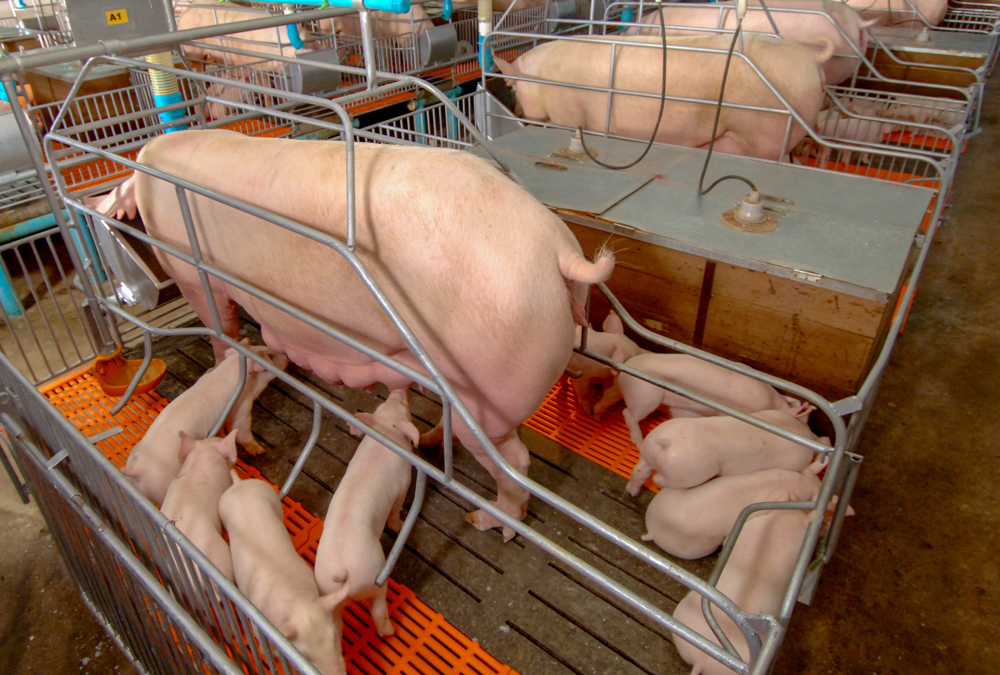Researchers at the University of Missouri have successfully produced a litter of pigs that are genetically resistant to a deadly porcine virus.
Coronaviruses, highly contagious and widespread viruses known for their distinctive microscopic halos, are responsible for a variety of deadly intestinal diseases in livestock.
Why it matters: The innovation will help reduce the financial effects on farmers when pigs become sick, and it improves animal welfare.
One such virus, Transmissible Gastroenteritis Virus (TGEV), commonly infects the intestines of pigs, causing almost 100 per cent mortality in young pigs. Now, a team of researchers from MU, Kansas State University and Genus PLC, a global leader in animal genetics, has succeeded in breeding pigs that are resistant to the virus by means of gene editing.
Read Also

Conservation Authorities to be amalgamated
Ontario’s plan to amalgamate Conservation Authorities into large regional jurisdictions raises concerns that political influences will replace science-based decision-making, impacting flood management and community support.
“Previous research had identified an enzyme called ANPEP as a potential receptor for the virus, meaning it could be an important factor in allowing the virus to take hold in pigs,” said Randall Prather, professor of animal sciences in the College of Agriculture, Food and Natural Resources.
“We were able to breed a litter of pigs that did not produce this enzyme, and as a result, they did not get sick when we exposed them to the virus.”
Prather and his colleagues edited the gene responsible for making the ANPEP enzyme, resulting in a litter of seven pigs with a “null” gene that did not produce the enzyme.
When exposed to the TGEV virus, these pigs did not become infected, showing that the presence of the ANPEP enzyme is necessary for an infection and gene editing can create pigs that are resistant.
“It’s a tremendous financial burden for farmers to put time, money and labor into animals that will get sick,” said Kristin Whitworth, co-author on the study and a research scientist in MU’s Division of Animal Sciences. “Breeding pigs with genetic resistance will help to ease that burden. In terms of animal welfare, if we can prevent these pigs from getting sick, we have a responsibility to do so.”
This study follows a similar success achieved in 2015, when MU’s genetic engineering team made pigs resistant to the deadly and costly Porcine Reproductive and Respiratory Syndrome (PRRS) virus by using gene editing. The University of Missouri has partnered with Genus to commercialize this method of producing virus-resistant pigs, which will improve animal health and well-being and greatly reduce losses in livestock production worldwide due to viral infections.












